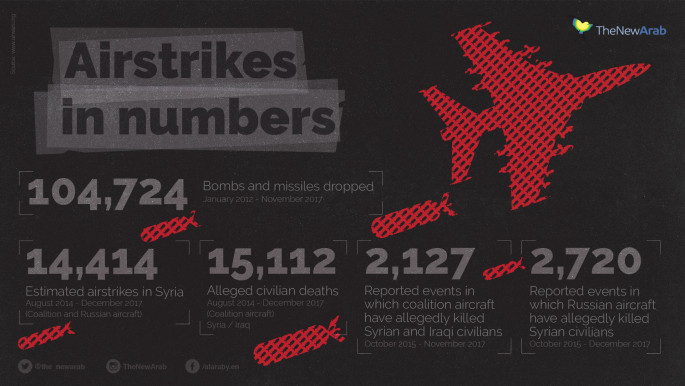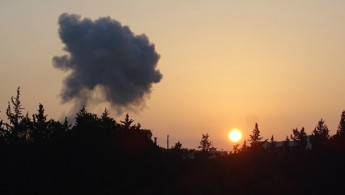Russia will establish 'permanent presence' in Syria
Russia has started establishing a permanent military deployment at naval and air bases in Syria, the defence minister said on Tuesday as parliament ratified a deal with Damascus to cement Russian presence in the country, the RIA news agency reported
Viktor Bondarev, head of upper house security and defence committee, told the RIA that the deal will expand the Tartus naval facility, the only Russian naval foothold in the Mediterranean, and grant warships access to Syrian waters and ports.
The deal is expected to be signed on January 18.
"Last week the Commander-in-Chief (President Vladimir Putin) approved the structure and the bases in Tartus and in Hmeimim (air base). We have begun forming a permanent presence there" said Sergei Shoigu, the defence minister.
The agreement means that Russia will be able to keep 11 warships at Tartus, including nuclear vessels. The deal will last for 49 years, and could be extended later.
The Tartus naval facility is too small to play host to larger warships.
According to the deal, the Hmeimim air base can now be used indefinitely by Russia. The air base had numerous air strikes launched by Russia in their allied support of Assad against the Syrian opposition.
Russia carries huge influence with the regime and has substantial military muscle in Syria.
Despite the establishment of Turkey-Russia-Iran sponsored "de-escalation zones" Moscow's aircraft still regularly pound opposition areas and recent bombardments in Eastern Ghouta have coincided with peace talks.
The Syrian conflict began when the Baath regime, in power since 1963 and led by Assad, responded with military force to peaceful protests demanding democratic reforms during the Arab Spring wave of uprisings, triggering an armed rebellion fuelled by mass defections from the Syrian army.
According to independent monitors, hundreds of thousands of civilians have been killed in the war, mostly by the regime and its powerful allies, and millions have been displaced both inside and outside of Syria.
The brutal tactics pursued mainly by the regime, which have included the use of chemical weapons, sieges, mass executions and torture against civilians have led to war crimes investigations.





 Follow the Middle East's top stories in English at The New Arab on Google News
Follow the Middle East's top stories in English at The New Arab on Google News
![The UAE is widely suspected of arming the RSF militia [Getty]](/sites/default/files/styles/image_330x185/public/2024-11/GettyImages-472529908.jpg?h=69f2b9d0&itok=Yauw3YTG)
![Netanyahu furiously denounced the ICC [Getty]](/sites/default/files/styles/image_330x185/public/2024-11/GettyImages-2169352575.jpg?h=199d8c1f&itok=-vRiruf5)
![Both Hamas and the Palestinian Authority welcomed the ICC arrest warrants [Getty]](/sites/default/files/styles/image_330x185/public/2024-11/GettyImages-2178351173.jpg?h=199d8c1f&itok=TV858iVg)